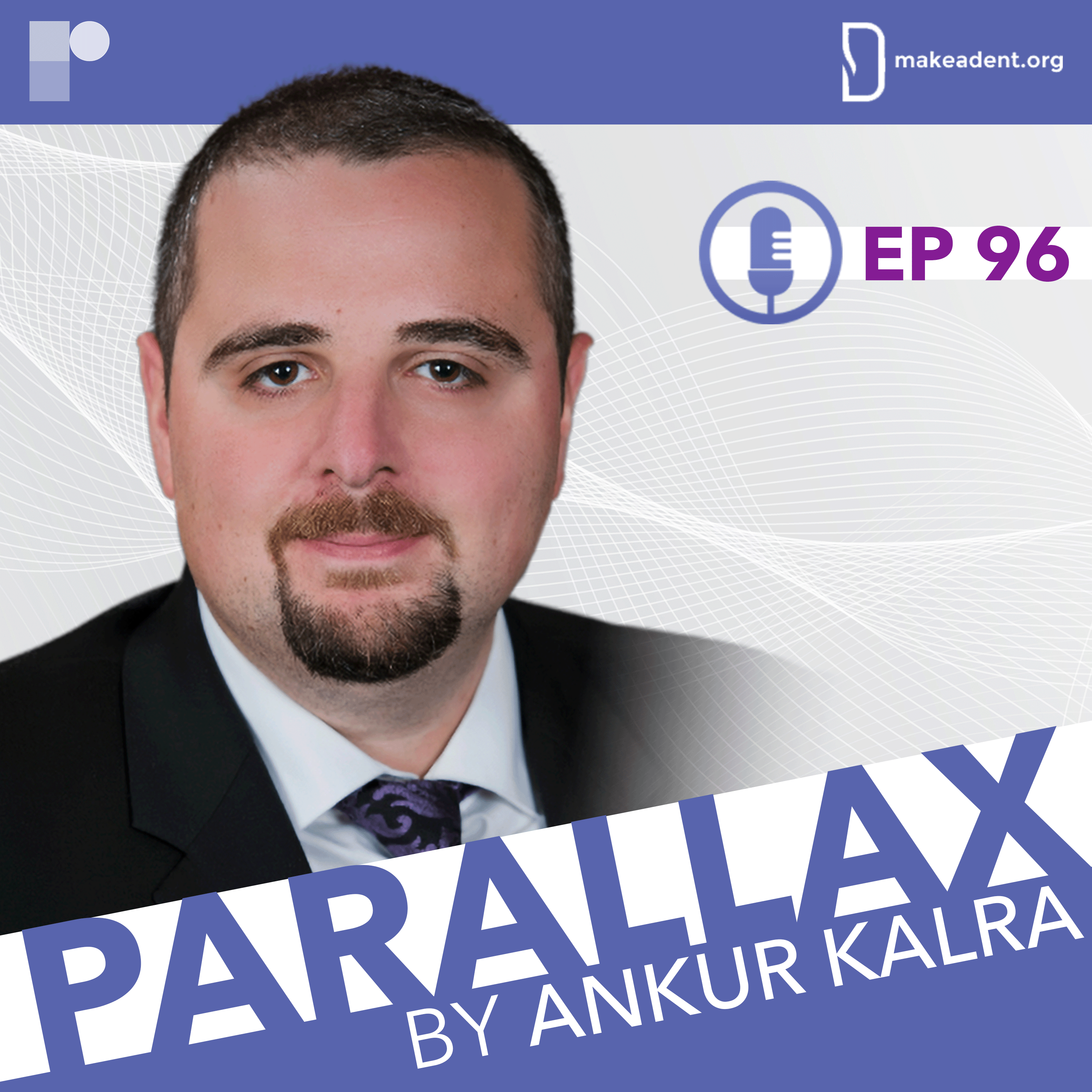
In the second episode of our mini-series "Conversations about Hypertrophic Cardiomyopathy", Dr Ankur Kalra sat down with Dr Ahmad Masri to have a deep-dive into the management paradigms of hypertrophic cardiomyopathy (HCM), considering the evolution of medical therapy in recent years. Dr Ahmad Masri is a Cardiologist and the Director of OHSU Hypertrophic Cardiomyopathy Center.
This series is supported by an unrestricted educational grant from Bristol Myers Squibb. Please see www.camzyosrems.com for important safety information.
Dr Kalra invites Dr Masri to guide us through his decision-making process in evaluating medical and surgical options in patients with obstructive hypertrophic cardiomyopathy. Dr Masri delves into first and second-line treatment strategies while exploring the significance of FDA-approved cardiac myosin inhibitors in the management of hypertrophic cardiomyopathy. Dr Kalra asks Dr Masri about the practical office-based clinical course for patients deemed suitable candidates to receive mavacamten. Dr Masri provides a clear and practical outline of what it entails to opt for this second-line medical therapy including the REMS programme required for therapy (www.camzyosrems.com). Dr Masri highlights the importance of looking at HCM patients holistically to find the treatment which best fits their circumstances and preferences in choosing surgical and medical therapy options.
What are the available management options for patients with HCM? How does Dr Masri approach shared decision-making in the management of HCM? What are some of the practical considerations regarding the cardiac myosin inhibitor, mavacamten?
This content is intended for US-based physicians.
This series is supported by an unrestricted educational grant from Bristol Myers Squibb.

Dr Owens is Medical Director of the Center for Inherited Cardiac Disease and Associate Professor of Medicine at the Hospital of the University of Pennsylvania.
This series is supported by an unrestricted educational grant from Bristol Myers Squibb. Please see www.camzyosrems.com for important safety information.
This content is intended for US-based physicians.

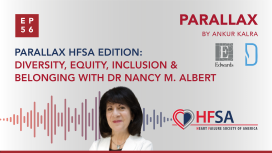

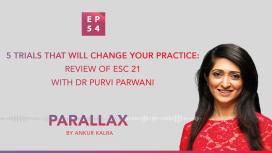
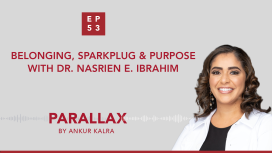
In this candid episode of Parallax, Nasrien and Ankur open up about their experiences of being an immigrant. Ankur asks Nasrien about her journey to medicine. Nasrien shares the lessons she took away from her years under the mentorship of Dr JoAnn Lindenfeld and later, Dr. James Januzzi. Finally, Nasrien shares her recent experience of writing Sparkplug and how she embraced life with its imperfections and found her purpose.
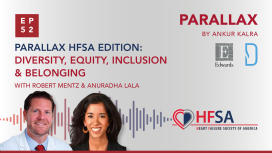
In this practical and insightful episode, Dr Kalra asks what does diversity, equity, inclusion and belonging mean to the editorial board of JCF and what were the steps taken to put these principles into practice.





